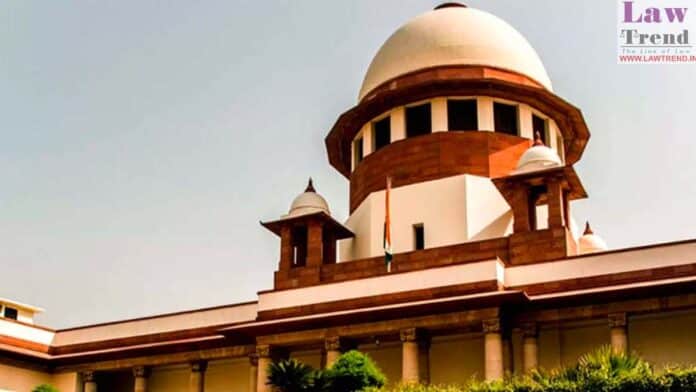In a significant ruling, the Supreme Court of India has ordered the liquidation of assets belonging to the Sai Prasad Group of Companies to facilitate the refund of funds to investors. The decision comes after years of legal battles and multiple complaints regarding the illegal mobilization of funds by the company. Background of the Case
To Read More Please Subscribe to VIP Membership for Unlimited Access to All the Articles, Download Available Copies of Judgments/Order, Acess to Central/State Bare Acts, Advertisement Free Content, Access to More than 4000 Legal Drafts( Readymade Editable Formats of Suits, Petitions, Writs, Legal Notices, Divorce Petitions, 138 Notices, Bail Applications etc.) in Hindi and English.




